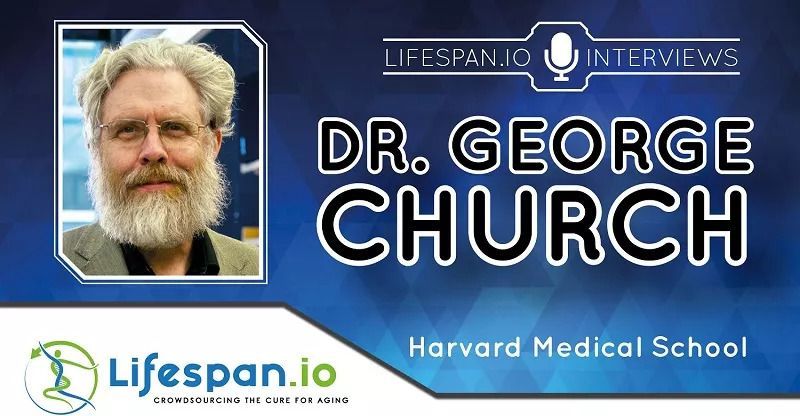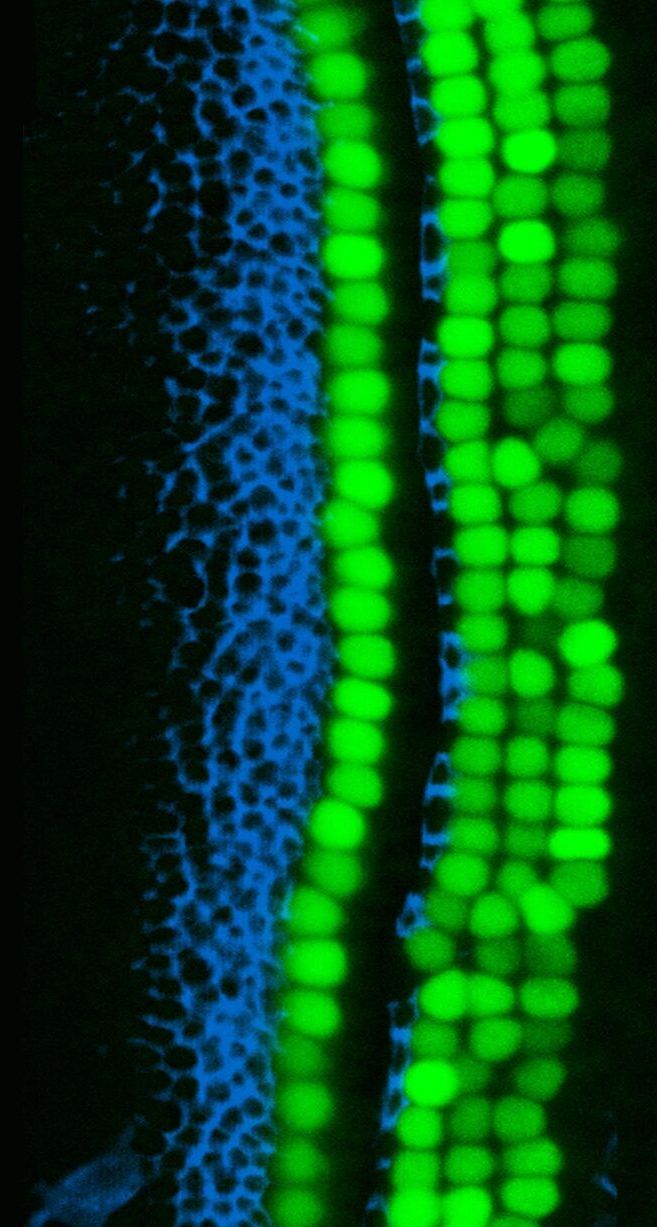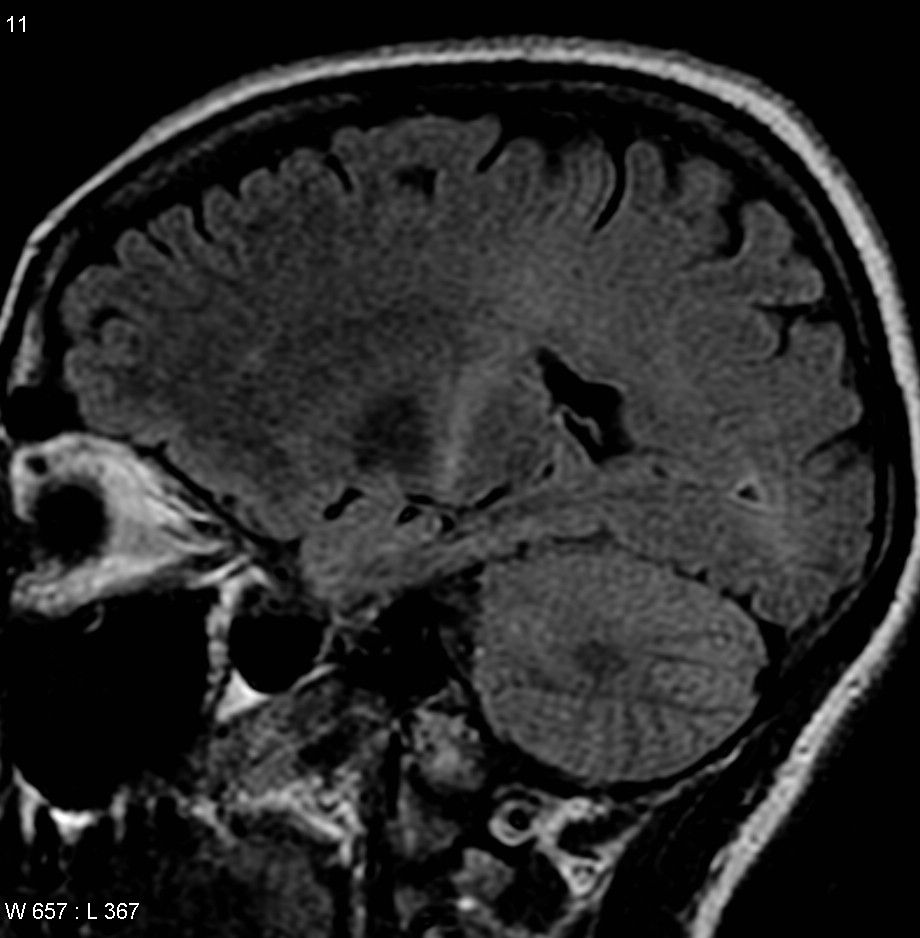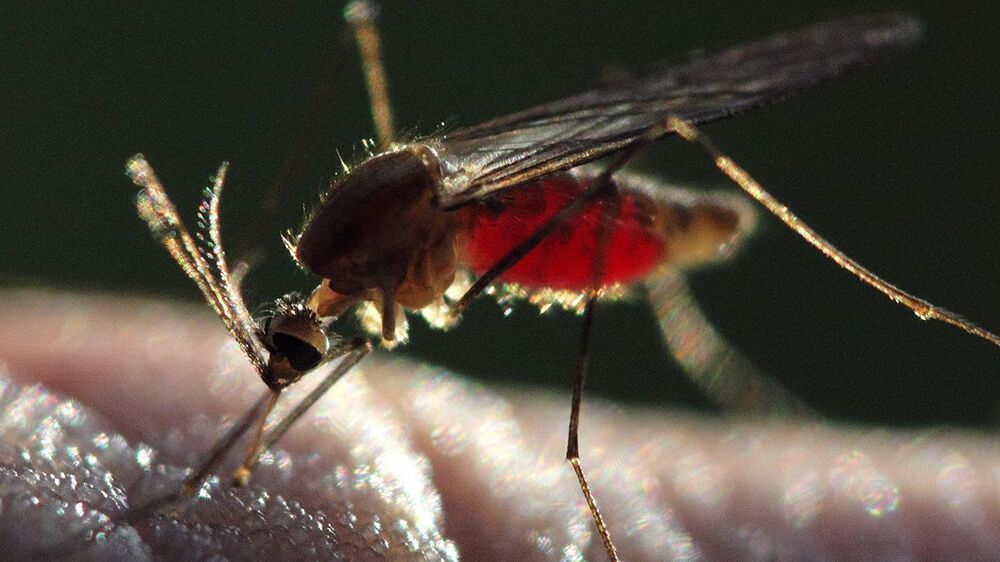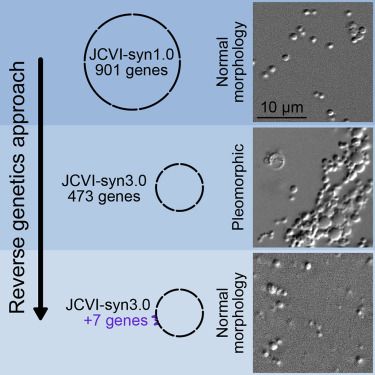In the latest of ongoing efforts to expand technologies for modifying genes and their expression, researchers have developed chemically modified guide RNAs for a CRISPR system that targets RNA instead of DNA. These chemically-modified guide RNAs significantly enhance the ability to target — trace, edit, and/or knockdown — RNA in human cells.
In a study published today in Cell Chemical Biology, the team explores a range of different RNA modifications and details how the modified guides increase efficiencies of CRISPR activity from 2-to 5-fold over unmodified guides. They also show that the optimized chemical modifications extend CRISPR targeting activity from 48 hours to four days. The researchers worked in collaboration with scientists at Synthego Corporation and New England BioLabs, bringing together a diverse team with expertise in enzyme purification and RNA chemistry. To apply these optimized chemical modifications, the research team targeted cell surface receptors in human T cells from healthy donors and a “universal” segment of the genetic sequence shared by all known variants of the RNA virus SARS-COV-2, which is responsible for the COVID-19 pandemic.
Increasing the efficiencies and “life” of CRISPR-Cas13 guides is of critical value to researchers and drug developers, allowing for better gene knockdown and more time to study how the gene influences other genes in related pathways.
“CRISPR RNA guide delivery can be challenging, with knockdown time limited due to rapid guide degradation. We were inspired by the guide modifications developed for other DNA-targeting CRISPRs and wanted to test if chemically modified guides could improve knockdown time for RNA-targeting CRISPR-Cas13 in human cells,” says Alejandro Méndez-Mancilla, PhD, a postdoctoral scientist in the lab and co-first author of the study.


